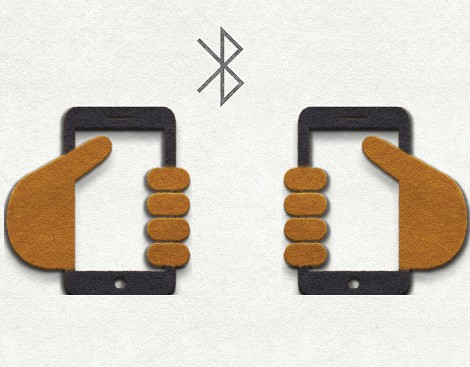Bluetooth devices numbering in the billions are now at risk of a glaring security flaw called BrakTooth, according to cybersecurity experts.

According to WIRED, BrakTooth has the potential to open up any Bluetooth-enabled device to a wide range of issues, such as executing malware on an affected device. Attackers can also use the vulnerability to crash any nearby Bluetooth device, though it wasn't really stated if the said device must be connected or not.
BrakTooth in itself, however, is a collection of several vulnerabilities that affect BlueTooth stacks on SoC( system-on-a-chip) circuits from 13 vendors. According to BleepingComputer, a team of researchers from the Singapore University of Technology and Design managed to publish details about the BrakTooth vulnerabilities.
They took a look at 13 Bluetooth devices from SoC vendors such as Intel, Qualcomm, Cypress, and Texas Instruments. A deeper analysis further revealed that over 1400 individual product listings have also been affected by BrakTooth, such as smartphones, laptops and desktops, audio gear (speakers and headphones), home entertainment systems, and even toys.
With how many products fit under all of these categories, it's easy to see how the claim that BrakTooth affects billions of BlueTooth devices is not an overestimation.
Bluetooth Being Hacked? How Is That Possible?
Quite possibly, everything that's digital can be hacked. But to many people, it seems like certain devices seem to make more sense if they were hacked, compared to something as unremarkable as Bluetooth.
But you'll be surprised at how vulnerable this wireless connection can get, not to mention the potential of hackers specifically targeting it for its more "subtle" and unassuming nature.
Last year, news of a similar cybersecurity vulnerability affecting Bluetooth devices spread. It involved BIAS hacks instead of BrakTooth, which various cybersecurity experts claimed could be potent enough to enable hackers to hijack any Bluetooth-connected device in the world.

BIAS stands for Bluetooth Impersonation AttackS (weird capitalization, sure, but you know how "hacker names" can get). And once hackers gain access to your device, they can basically do whatever they want with it: siphon sensitive data, steal from your bank account, or almost every single cybercrime imaginable.
How Bad Can BrakTooth Get?
BrakTooth has been found to pose risks of being targeted by the likes of DoS (Denial of Service) attacks. And you do not want to be a victim of this kind of cybercrime at all costs.
DoS attacks often affect a wide range of devices at the same time (at this instant, they're called DDoS or "Distributed Denial of Service"). With this kind of cybercrime, a hacker can lock you out of your device by flooding it with so much junk data, causing it to crash. This can be anything from your phone to your laptop, desktop, tablet, or perhaps your Bluetooth-enabled speaker or microphone.
For now, your best defense against BrakTooth is to not connect to a device that you don't know and trust.
This article is owned by Tech Times
Written by RJ Pierce
ⓒ 2025 TECHTIMES.com All rights reserved. Do not reproduce without permission.




